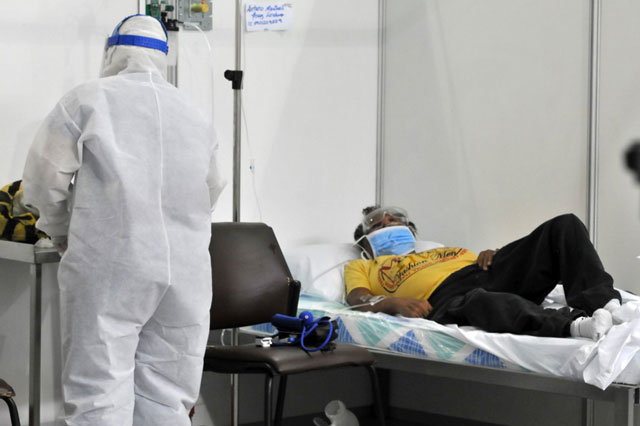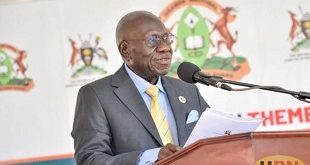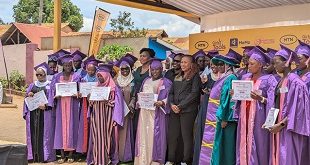
Kampala, Uganda | THE INDEPENDENT | Experts are set to start evaluating whether Ugandans have a level of protection against getting infected with coronavirus disease– COVID-19.
Prof. Dennis Byarugaba, who heads the National Flu Surveillance Group and has been studying flu-causing viruses for over 20 years said they are embarking on this evaluation basing on the background that already the population has antibodies to other common coronaviruses that have been circulating.
Although he doesn’t mention the timelines as to when this evaluation ends, it’s anticipated that it’s results could offer a clue on why not so many Ugandans have fallen sick with the viral disease that has paralyzed the world requiring high-level treatment and intensive care services for casualties.
In the study, they will be able to establish whether or not the common viruses can offer cross-protection against each other.
Of the 264 positive cases of COVID-19 so far recorded in the country, the majority are truck drivers followed by those that had previously travelled to some high-risk countries. The sporadic cases picked from the community have been only 11 and preliminary results of the survey to establish the extent of community transmission have already revealed no risk.
In addition, the 80 that are so far in hospital are according to the Ministry of Health in stable condition, just being given simple treatments such as vitamins and painkillers, the same as the 65 that have been discharged. These mild cases are thought to be partly due to the fact that Ugandans have antibodies that can easily ward off infection.
But, Prof. Pontiano Kaleebu, a virologist and Executive Director of the Uganda Virus Research Institute says this reason should be put to a test through a scientific study. For him, it’s still unclear for the case of COVID-19 that antibodies are effective in offering protection and therefore says even those that have been discharged after recovery could get re-infected.
He says that some studies show that antibodies disappear after some time explaining that usually antibodies start developing within five days of infection.
He also notes that testing for antibodies will be relevant later when assessing how many people were affected by the coronavirus.
******
URN
 The Independent Uganda: You get the Truth we Pay the Price
The Independent Uganda: You get the Truth we Pay the Price



A great work done by MOH